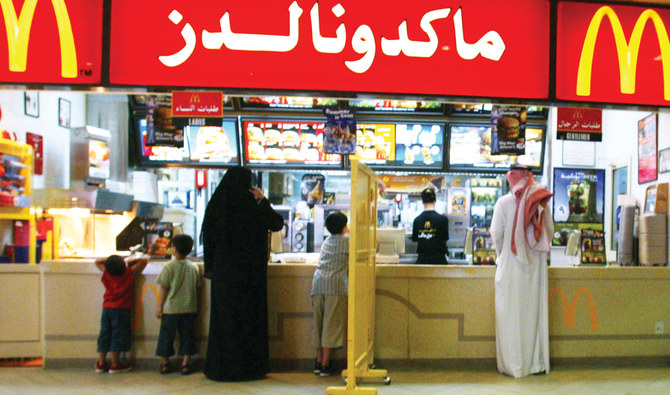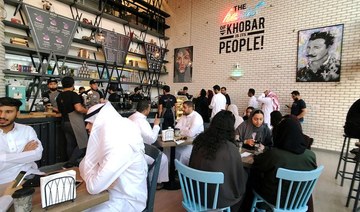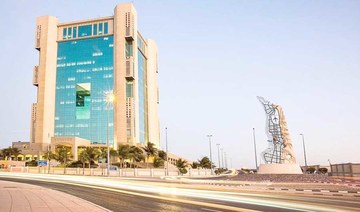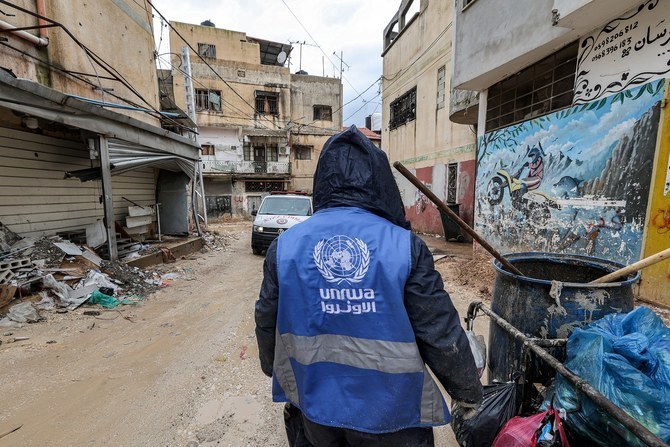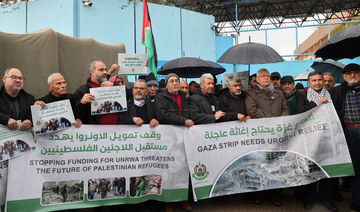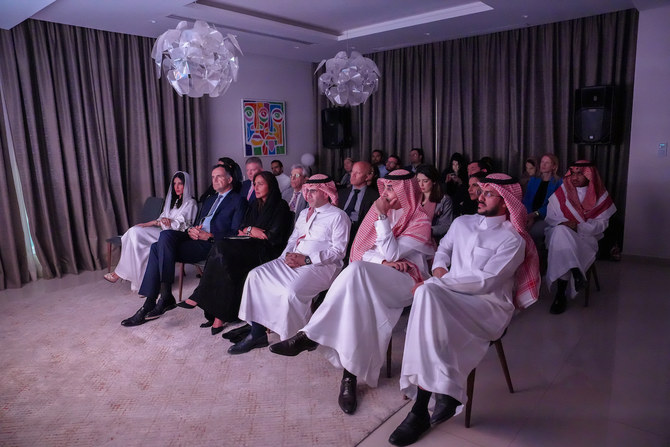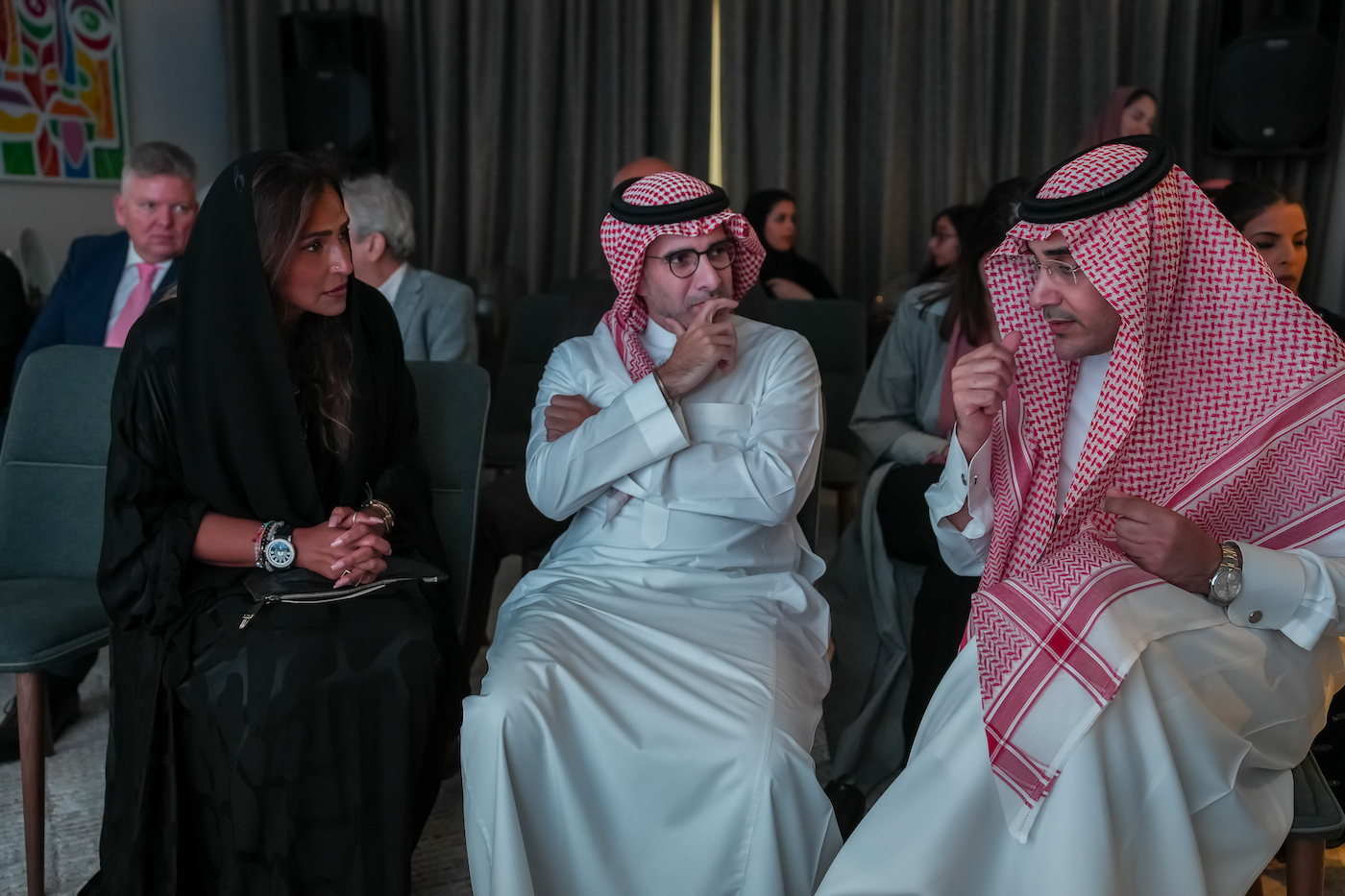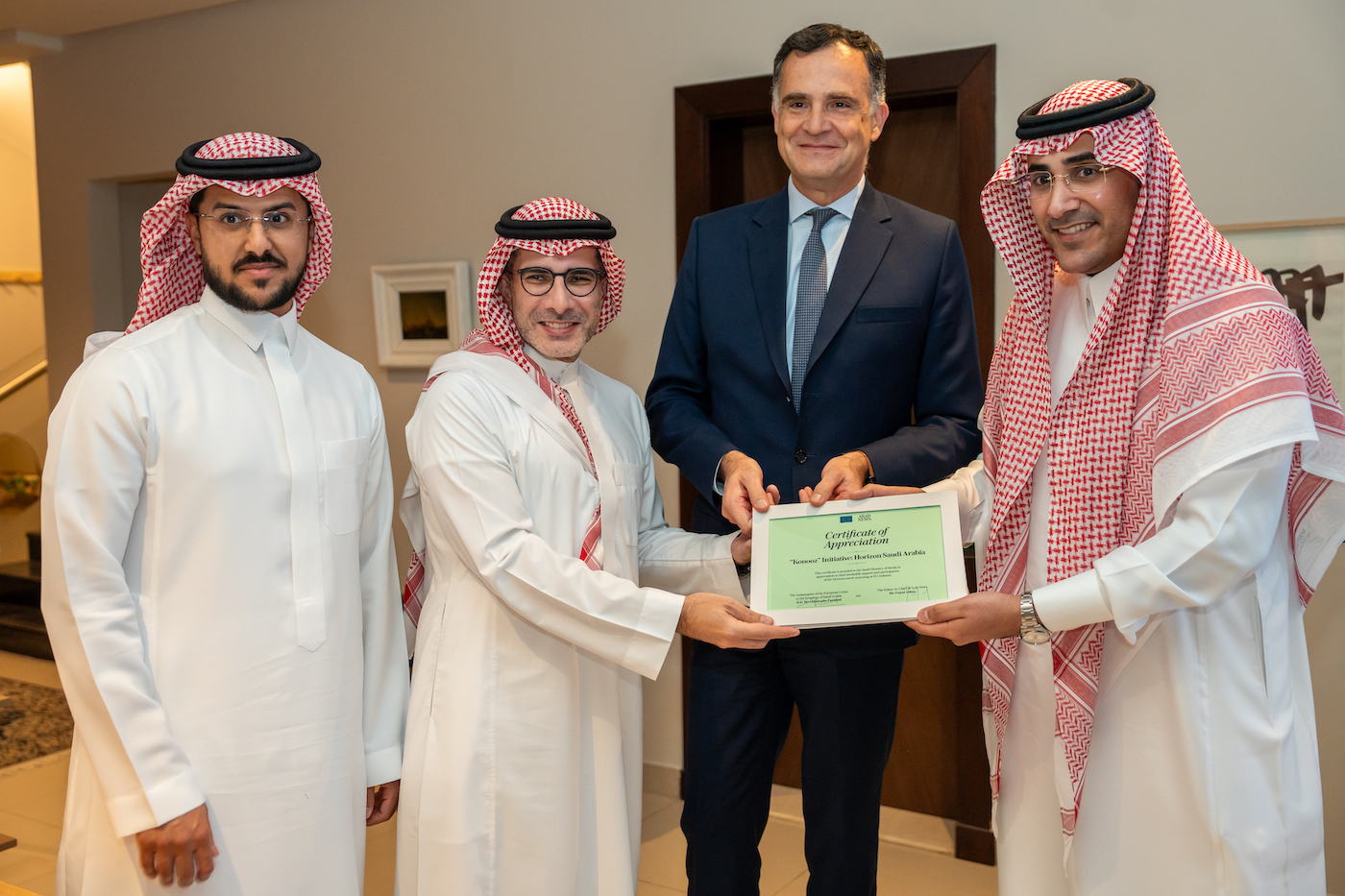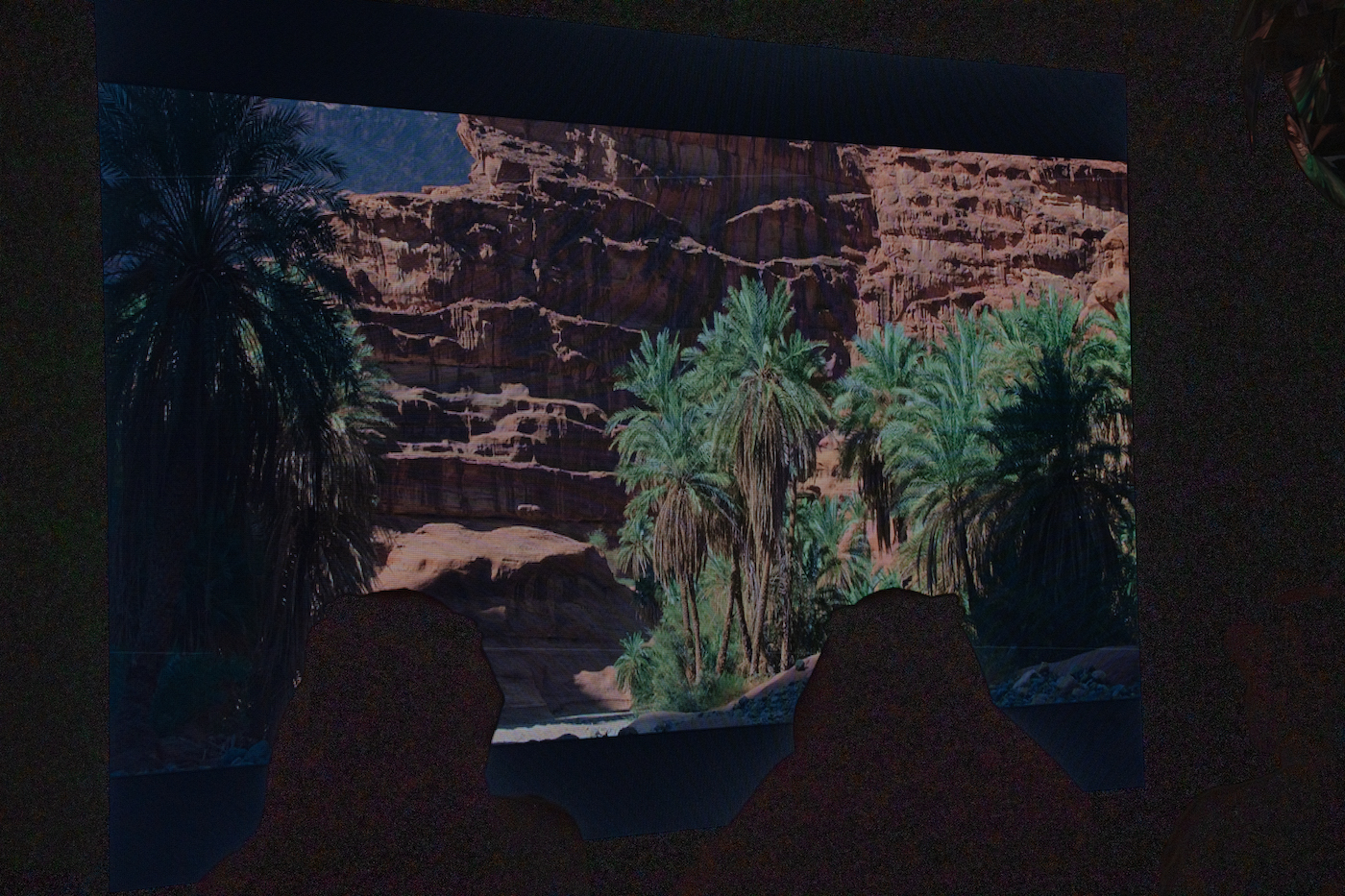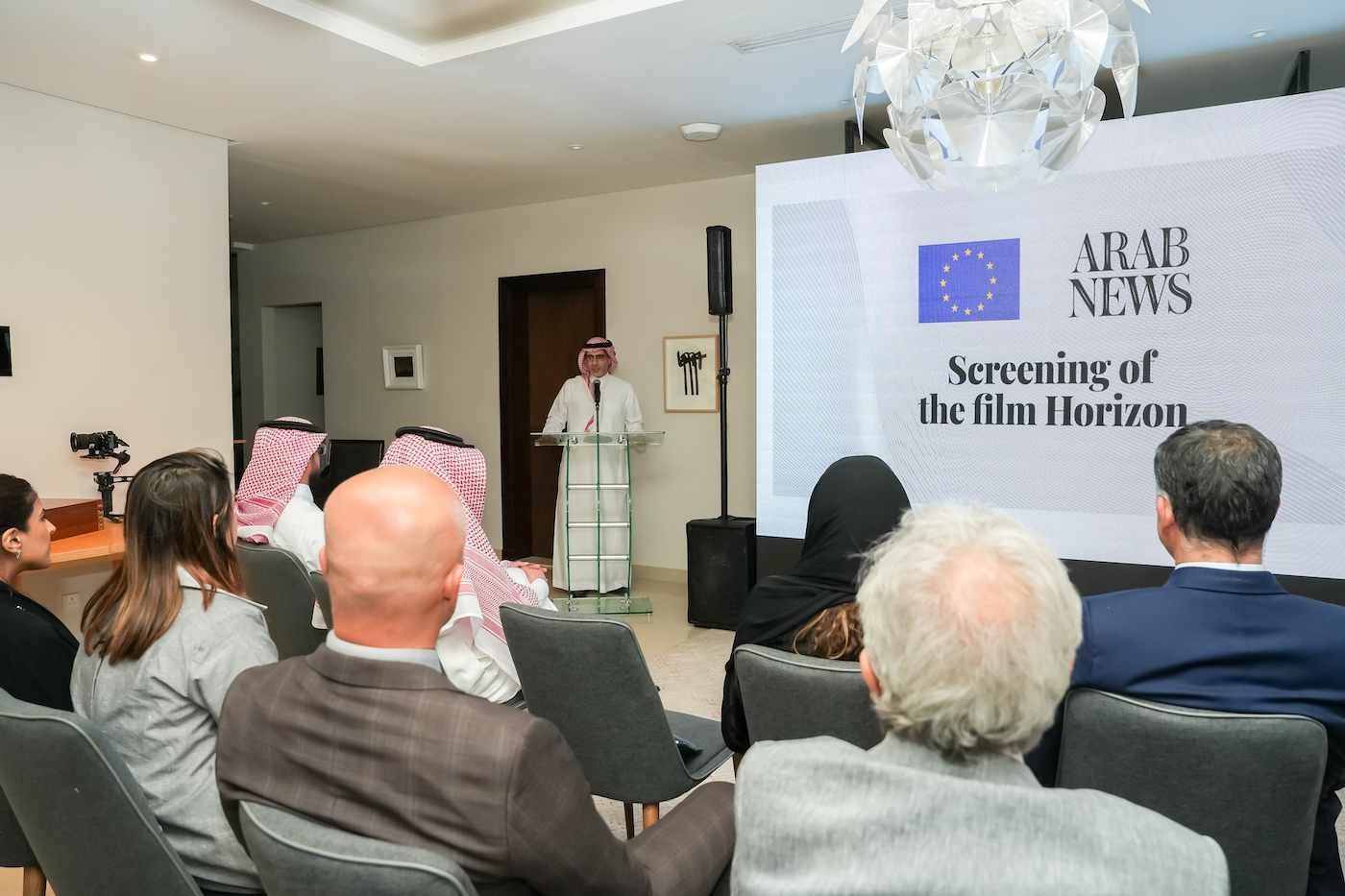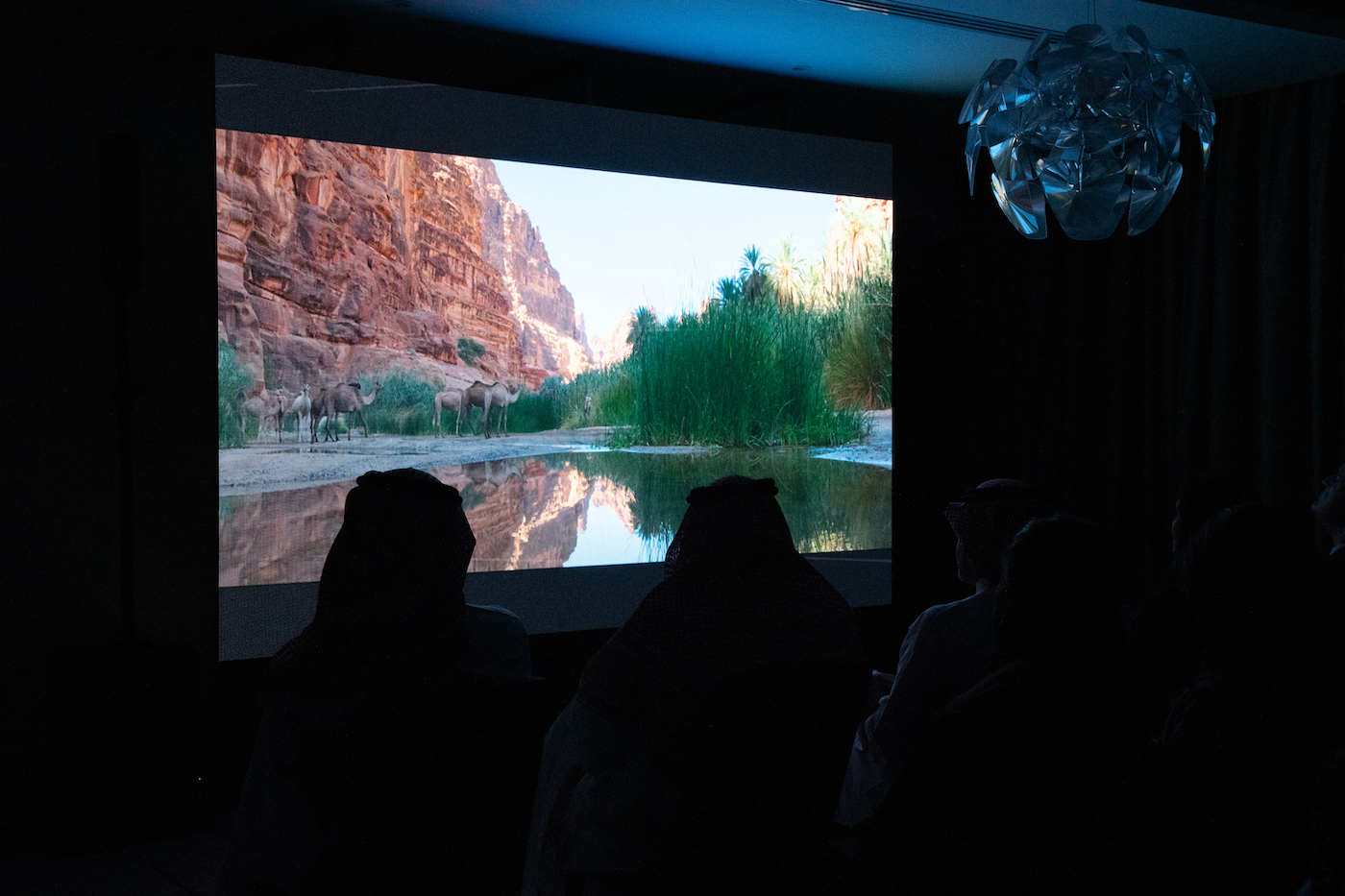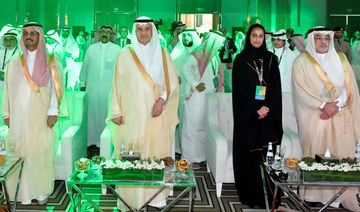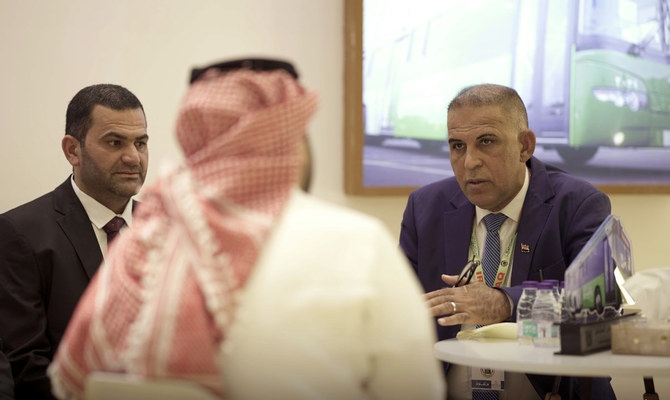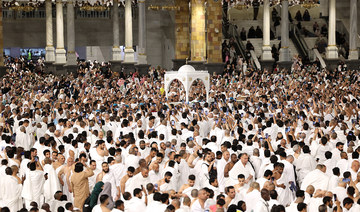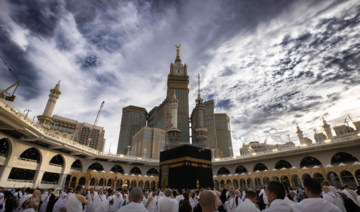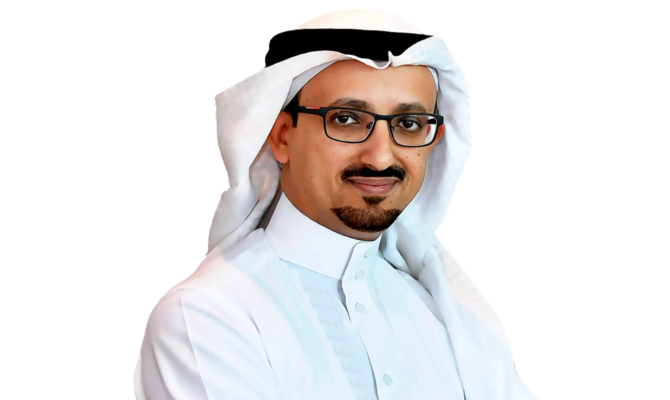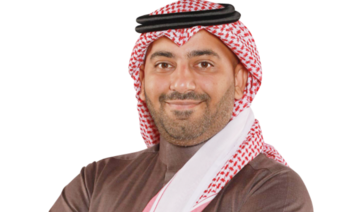RIYADH: Saudi diners are still chewing over the Kingdom’s move to end the long-standing legal requirement for restaurants to have separate entrances for males and families.
As a result of reforms — involving 103 rules and regulations, manuals, models, and standards aimed at making life easier for citizens and visitors — men and women no longer have to enter restaurants through separate doors.
Naif Al-Otaibi, general manager of public relations and media at the Ministry of Municipal and Rural Affairs, said gender-segregation was now a matter of choice.
“It’s optional. We did not specify the number of entry points, so the investor is free to have multiple entry points and segregate (males from females) in their restaurant,” he told Arab News.
Many restaurants and cafes in Saudi Arabia, including American coffee chain Starbucks, typically have separate sections for families (women on their own or accompanied by men) and males.
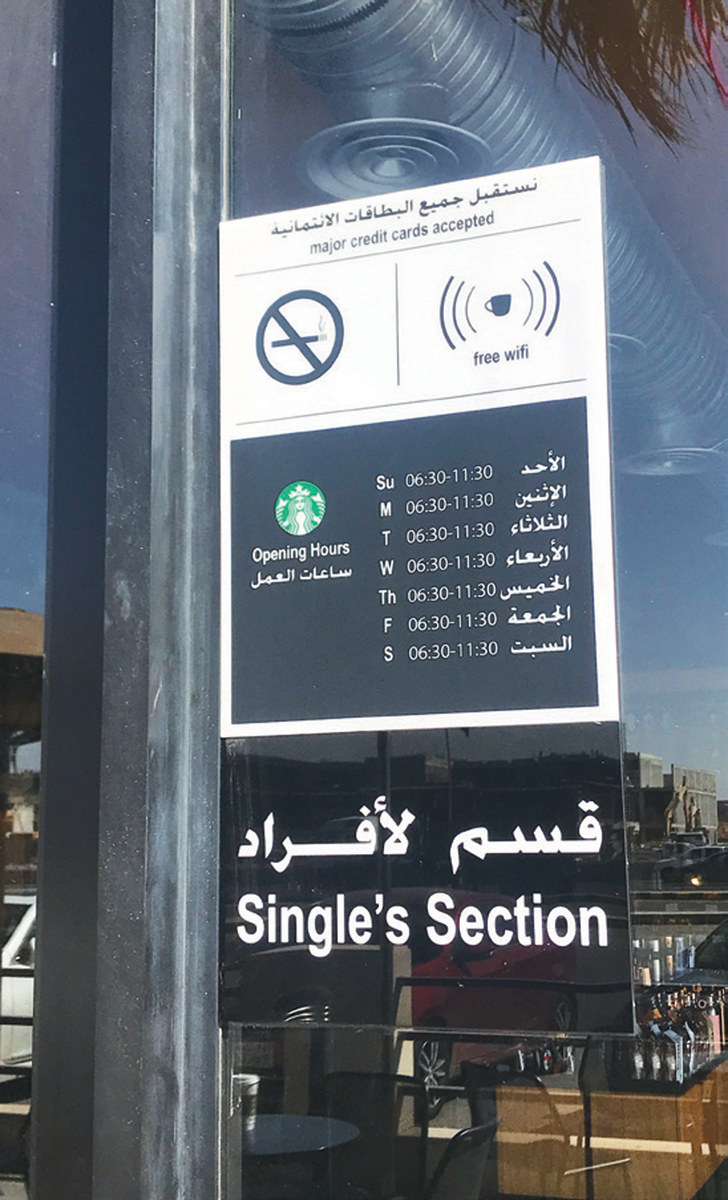
The AlShaya Group, operator of Starbucks, The Cheesecake Factory and P.F. Chang’s among others, has said it will end gender segregation in stores and eateries that were opened before the new rule came into effect.
“We at Alshaya are planning to transform the old stores’ designs following the new desegregation law, but that will take place over the course of the next two years,” the company told Arab News.
An employee at one of Starbucks’ gender-segregated outlets said maintenance contractors had recently conducted an inspection of the site with a view to commencing remodeling work. “They will take out the wall that separates the male area from the families section,” the staff member told Arab News.
“They will also remove the signs at the entry points that say, ‘families’ and ‘males’ and merge the two separate sections.”
Just a few years ago all of this was unthinkable in a very different Saudi Arabia. The Kingdom had a strict policy of not allowing women to dine in a restaurant without a mahram (male guardian). They would be turned away if they did not comply with the rule.
Recalling an incident that happened 20 years ago, “D.K.,” a 37-year-old Saudi woman who wished to remain anonymous, said she found herself inside one of the white vehicles belonging to the religious police whose official job description was the “prevention of vice and promotion of virtue.”
She had been dining with her friends at a McDonald’s restaurant without a mahram.
But D.K. is amazed by the changes that have taken place since, and said the ending of gender segregation in restaurants was a huge step forward for the Kingdom.
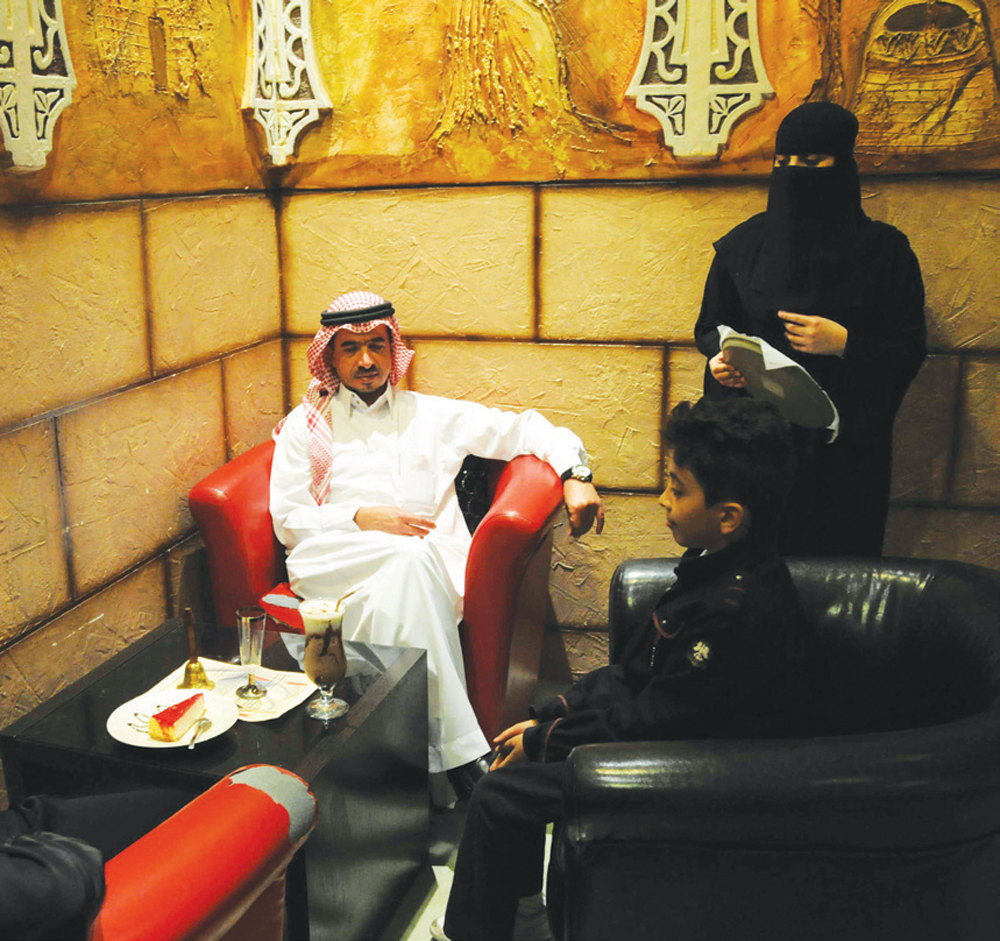
She praised King Salman and Crown Prince Mohammed bin Salman for advancing women’s empowerment by increasing their employment opportunities, enhancing the quality of their social life and expanding their personal freedoms.
While these steps might seem unimpressive to the average person in the West, cumulatively they were opening up the Kingdom in a big way, D.K. told Arab News, though she admitted that some conservative sections of Saudi society still wished to see the continuation of gender segregation in restaurants.
However, most restaurant owners were eager to move with the changing times.
Al-Amin Mahmoud, a 35-year-old father-of-four from Madinah, takes his family every weekend to a different restaurant. While in Jeddah on a short vacation, he faced a problem when he discovered that some restaurants did not have separate sections for males and families.
“I respect that decision, but I did not feel comfortable. I knew that the decision had been implemented. However, for me, having grown up in a conservative family and society, it does not suit me,” he told Arab News.
Father-of-three Habib Saleh, 41, said that businesses had the option to accept or reject the gender-desegregation decision.
“This is akin to the decision to ban sheesha from restaurants. Many people objected, saying smoking sheesha was the main reason they frequented the restaurants in the first place. Some restaurants who implemented the rule naturally lost regular customers, which affected their revenue,” he added.
Saleh pointed out that when considering applying the new rules, some business owners faced the same dilemma of having to be prepared to lose some customers.
“It will take time before people get used to it. Of course, people will either reject it or be suspicious about it at first. And we have to keep in mind that some of the people who are objecting to this decision do not mind eating in mixed restaurants when they are abroad. So, there is some amount of contradiction.
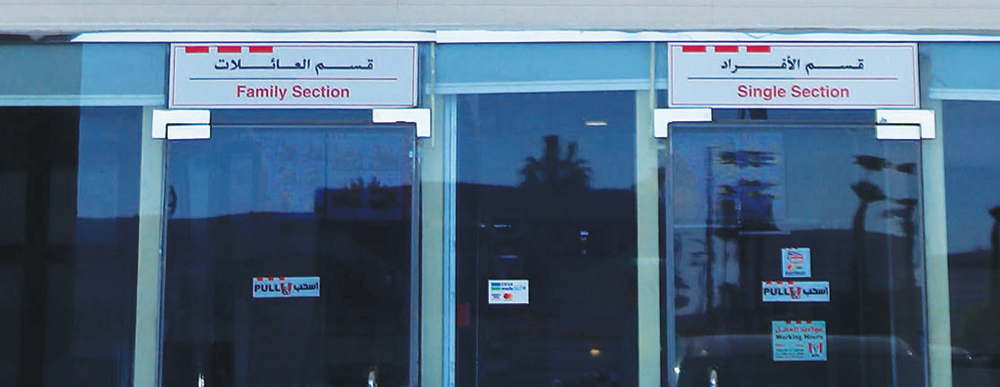
“We have to remember that the segregation rule was in force for more than 30 years, so don’t think that people will accept it quickly,” he said.
For his part, Abdulrahman Al-Harbi, an architect, believes implementing the desegregation law will improve the bottom lines of restaurants in Saudi Arabia.
Al-Harbi said not only would managing a restaurant become easier but construction bills would also shrink. “I prefer open spaces. A good designer can provide clever privacy solutions to customers in different ways.
“If we want to call ourselves a civilized society, we must get used to a mixed-gender environment,” he added.
Abdul Aziz Al-Qahtani, the owner of Bicicleta Coffee Shop in Riyadh, said that since opening a new branch in the capital’s U Walk, only one cashier counter was required.
“We had customers coming in and asking for separate sections, but we have to keep pace with development,” he said. “This change in the law has reduced costs in many areas for us. Now we don’t need two cashiers to serve a family section and a male section.
“We also don’t have to have large spaces any more to be able to divide it up into two sections.”



